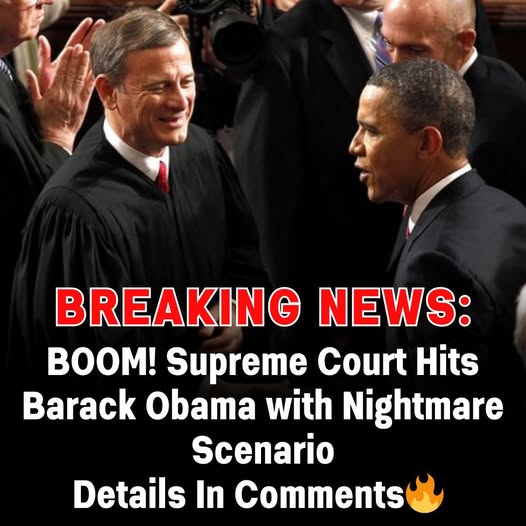
Elon Musk has once again stirred up a social media storm, this time over his bold stance on Pride flags in educational settings. Musk recently demanded in a post that “Pride flags should be permanently banned from classrooms,” a declaration that’s sparked intense debate online and throughout media circles.

The Tesla and SpaceX CEO’s comment arrives amid controversy following the Olympic disqualification of Algerian boxer Imane Khelif, who was barred from competing due to alleged gender identity concerns. Khelif, a prominent athlete in women’s boxing, voiced her frustration at being barred from competing, igniting discussions on inclusion, fairness, and the representation of gender in sports. Musk’s reaction has taken this debate further, questioning whether symbols of LGBTQ+ pride belong in educational spaces.
Elon Musk is no stranger to divisive topics. As the CEO of X (formerly Twitter), he frequently posts about contentious social and political issues, sparking widespread discussions and often taking controversial stances. His call for a permanent ban on Pride flags in classrooms underscores his belief that education should focus solely on academics, avoiding symbols that represent specific ideologies.
Supporters of Musk’s view argue that classrooms should maintain a neutral environment where learning takes precedence, uncolored by political or social symbols. Conversely, critics see this as a direct challenge to LGBTQ+ visibility and argue it could harm inclusion efforts in schools. This divide highlights the central question of whether classrooms should accommodate symbols that represent marginalized identities, especially as discussions on gender and identity intensify in both education and sports.

Musk’s stance has been interpreted by some as a call for “neutrality” in educational spaces. From this perspective, he argues that classrooms should focus on academic growth, free from influence by symbols representing any particular group or cause. On the other hand, critics claim that this brand of neutrality risks erasing the visibility of LGBTQ+ students, as well as minority students more broadly, undoing years of progress toward inclusivity.
Adding to this complex issue is the situation of Imane Khelif. Her Olympic disqualification brings attention to the hurdles athletes face in settings where the line between gender identity and competitive categories grows increasingly blurred. As governing bodies in sports tighten regulations, balancing inclusion with fair competition becomes a heated topic, reflecting the broader struggle over which symbols belong in schools and which values those symbols represent.
Social media erupted with polarized responses following Musk’s post. On X, supporters echoed Musk’s stance, calling for classrooms to be “free of ideology” and voicing concerns over what they see as the politicization of educational spaces. They argue that symbols such as Pride flags may influence students in ways that detract from objective education.

Opponents, however, argue that Musk’s suggestion undermines efforts to create supportive and welcoming environments for LGBTQ+ students. They see the Pride flag as a necessary sign of visibility and acceptance, particularly in settings where LGBTQ+ youth may feel isolated. For these critics, the Pride flag’s presence in classrooms serves as a reassurance that schools are safe, inclusive spaces.
Khelif’s Olympic disqualification appears to have been a catalyst for Musk’s comments, though the exact connection between the two remains speculative. Khelif, an Algerian boxer with significant achievements, was reportedly excluded from the Paris Olympic Games due to unresolved questions about her gender status. For many, Khelif’s exclusion illustrates the broader tension in sports around gender identity policies, adding fuel to debates over how inclusion can coexist with fairness in competition.

Some speculate that Musk, observing the controversy surrounding Khelif, seized this moment to emphasize his stance on neutrality in public institutions, including classrooms. Regardless, Musk’s comments have intensified the spotlight on Khelif’s case, layering it with discussions about identity symbols and their place in educational and athletic settings.
Opinions on identity symbols in classrooms reflect a growing cultural polarization around issues of identity and human rights. Educators, parents, and policymakers face a central dilemma: should classrooms be places where diverse identities are represented, or should they strive to maintain an environment that’s free from any symbolic association?

Musk’s stance underlines the importance of defining the role education should play in a rapidly evolving social landscape. In an era where identity and inclusion occupy a significant place in public discourse, decisions about what is allowed or excluded in educational spaces have profound implications for students’ experiences and perceptions.
Elon Musk’s call for a Pride flag ban in classrooms has ignited yet another fierce debate about the boundaries of inclusion and neutrality. While some see this move as a step toward focusing on core education, others view it as a potential setback in the fight for diverse representation in schools. Imane Khelif’s situation has, in turn, underscored the complexities involved in questions of gender and inclusion, not just in sports but across society.
Ultimately, Musk’s influence as a high-profile figure brings these discussions into the public eye, shaping perceptions and challenging norms around identity representation. As the debate over inclusivity and symbolic presence in classrooms unfolds, it remains to be seen how educational institutions and society at large will respond to the tensions surrounding visibility, neutrality, and respect for diversity.






